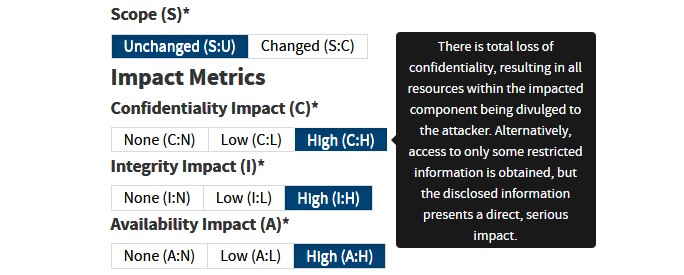Linux machines running distributions powered by kernels prior to 5.0.8 are affected by a race condition vulnerability leading to a use after free, related to net namespace cleanup, exposing vulnerable systems to remote attacks.
Potential attackers could exploit the security flaw found in Linux kernel’s rds_tcp_kill_sock TCP/IP implementation in net/rds/tcp.c to trigger denial-of-service (DoS) states and to execute code remotely on vulnerable Linux machines.
The attacks can be launched with the help of specially crafted TCP packets sent to vulnerable Linux boxes which can trigger use-after-free errors and enable the attackers to execute arbitrary code on the target system.
The remotely exploitable vulnerability has been assigned a 8.1 high severity base score by NIST’s NVD, it is being tracked as CVE-2019-11815 (Red Hat, Ubuntu, SUSE, and Debian) and it could be abused by unauthenticated attackers without interaction from the user.

Luckily, because the attack complexity is high, the vulnerability received an exploitability score of 2.2 while the impact score is limited to 5.9.
According to CVSS 3.0 the impact metrics, the CVE-2019-11815 flaw comes with high confidentiality, integrity, and availability impact which makes it possible for would-be attackers to gain access to all resources, modify any files, and deny access to resources after successfully exploiting the vulnerability.
As detailed in the Common Weakness Enumeration (CWE) software security weaknesses database, an Use-After-Free flaw is caused by the attempt to reference memory after it was already been freed, causing the software “to crash, use unexpected values, or execute code.”
The Linux kernel developers issued a patch for the CVE-2019-11815 issue during late-March and fixed the flaw in the Linux kernel 5.0.8 version released on April 17.
MiTM vulnerabilities leading to code execution patched in APT
Back in late-January, a code execution flaw impacting the APT high-level package manager used by Debian, Ubuntu, and other related Linux distributions was also patched.
At the time, the vulnerability was described as a “content injection in http method,” it is tracked as CVE-2019-3462, and it leads to man-in-the-middle attacks once exploited, making it possible for attackers to use it later for “code execution with root privileges on the target machine.”
A very similar issue that could lead to arbitrary code execution was also discovered by Google Project Zero’s Jann Horn in December 2016, a flaw which got patched in the 1.0.9.8.4 and 1.4~beta2 versions of APT.
To read the original article:



